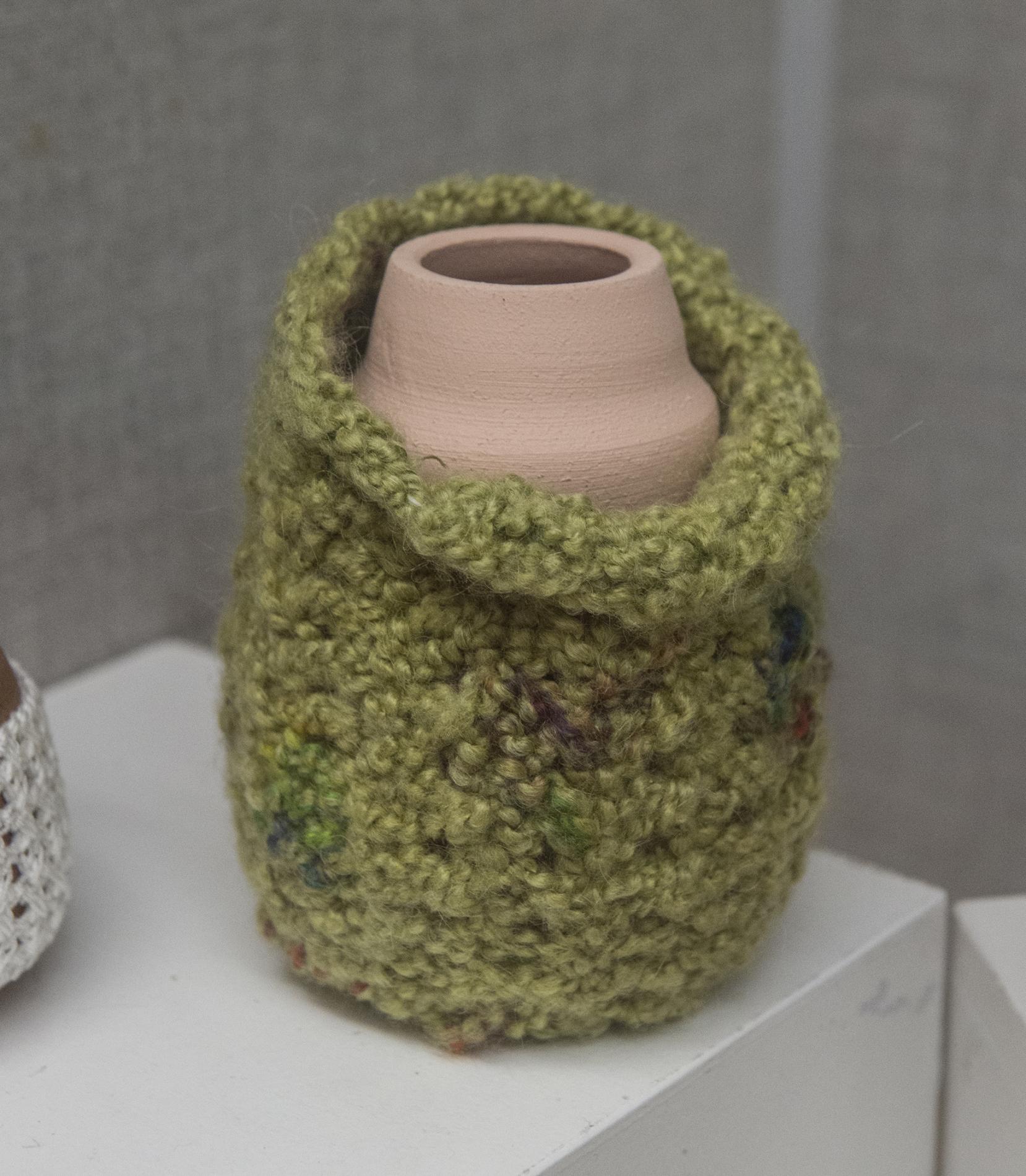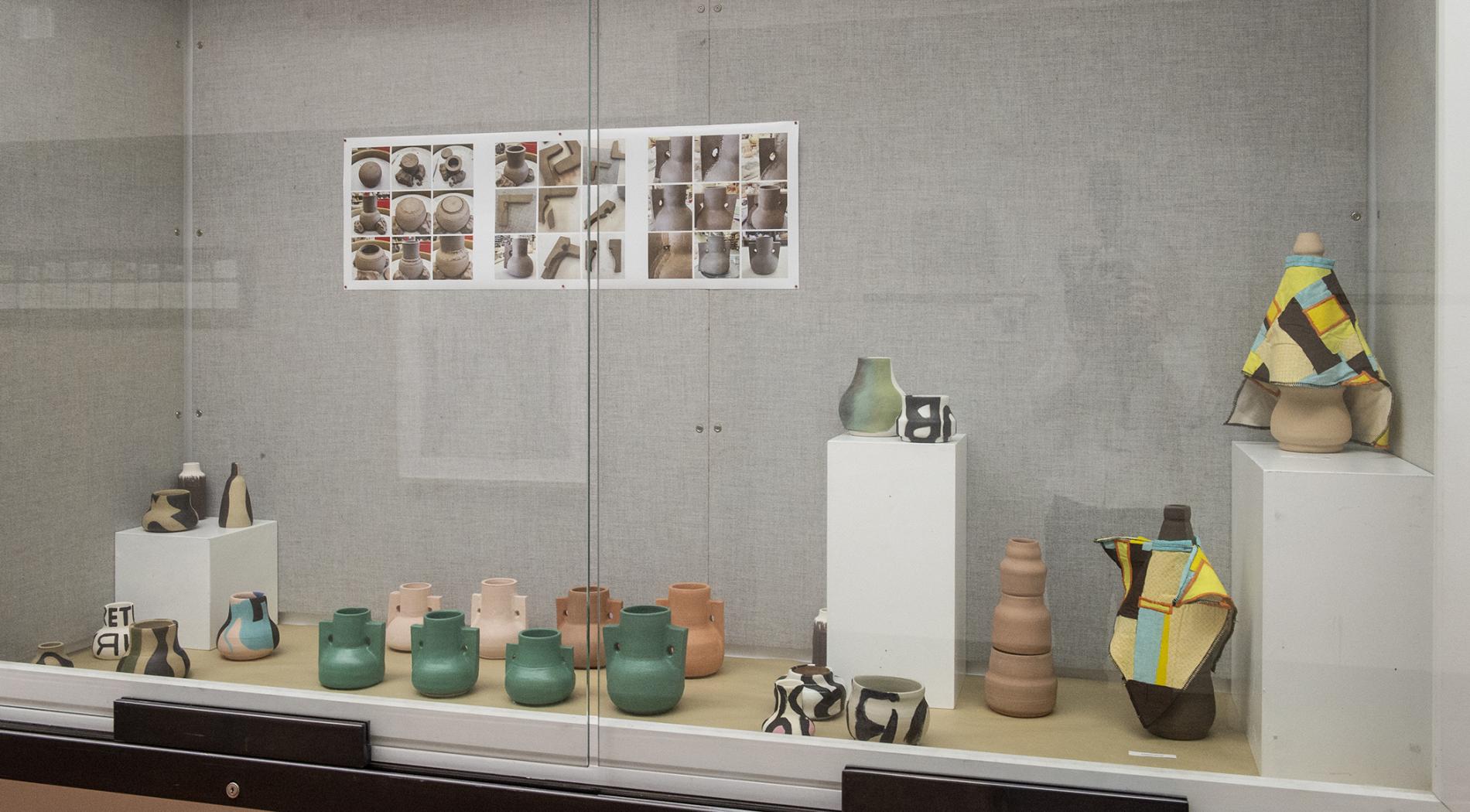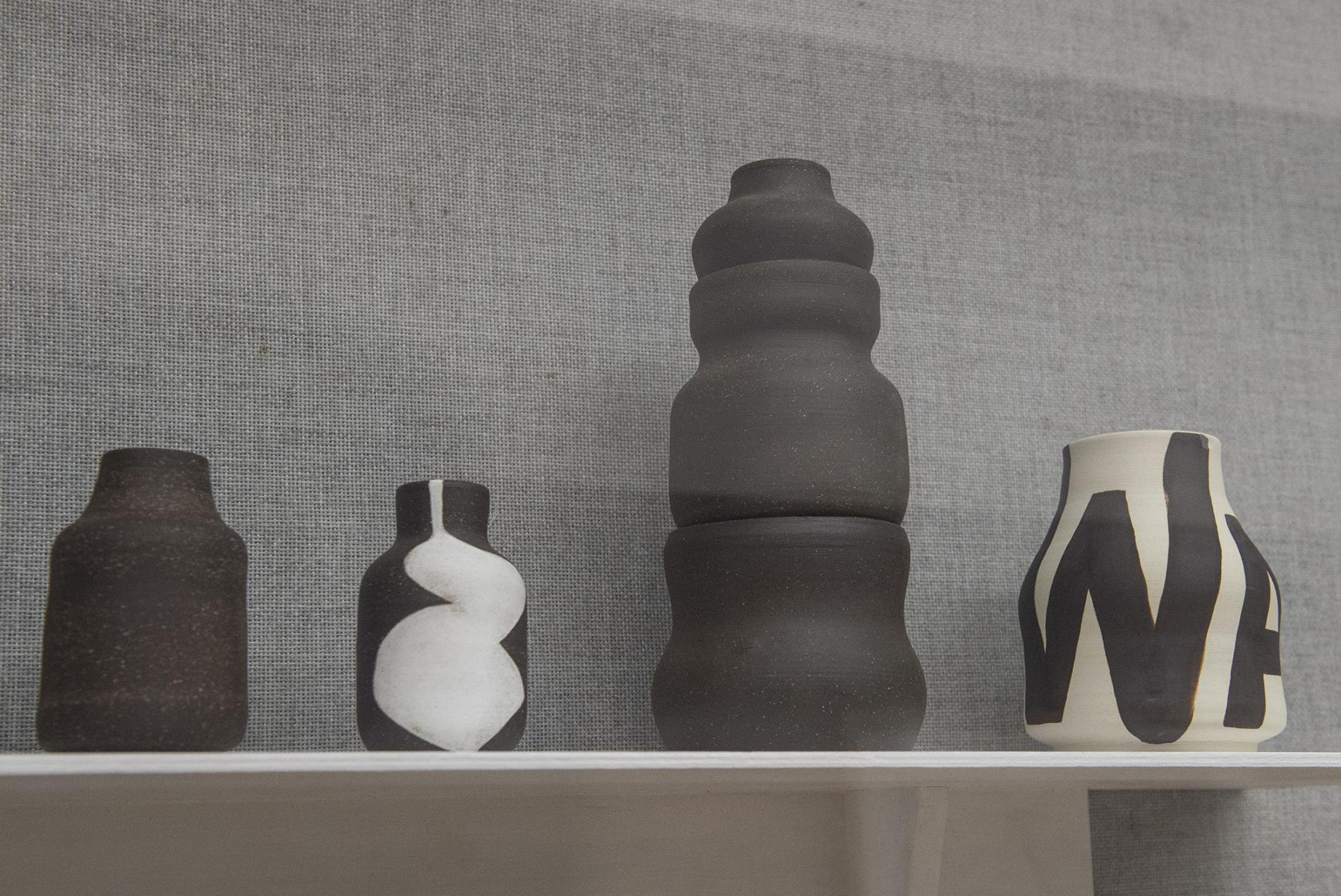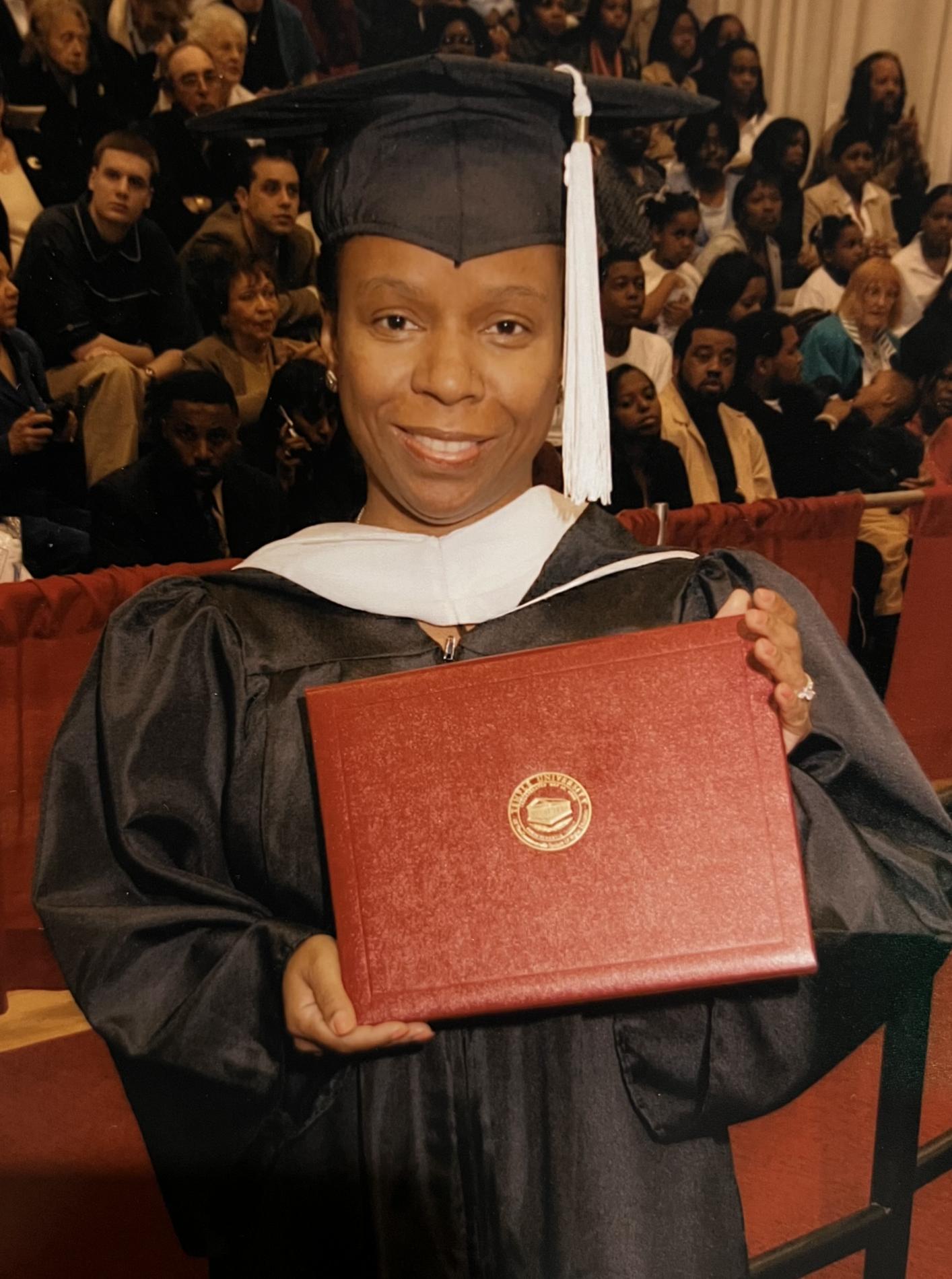Author Talk: Quiara Alegría Hudes
On Friday, April 1, the College welcomed esteemed author, lyricist, essayist and playwright Quiara Alegría Hudes to our (virtual) campus to talk about her career and her latest book, My Broken Language. Alegría Hudes is a native Philadelphian and wrote the novel "In the Heights", which was turned into a Tony-winning Broadway musical and a major motion picture. In 2012 she also received a Pulitzer Prize for Drama for her play Water by the Spoonful. She also co-founded Emancipated Stories, which helps incarcerated people write about and share their life stories.
The talk was moderated by English professor Jeff Markovitz, and organized and funded by the Liberal Arts and Communications pathway in the Division of Liberal Studies.
Hudes is a self-described “born and bred Philly language girl.” Her autobiography My Broken Language is the Free Library of Philadelphia’s One Book One Philadelphia citywide read for 2022.
Markovitz steered the event with thoughtfully positioned questions. Remarking on the way that Hudes’ book recalls the simple facts of her life in such gorgeous detail, he asked, “What is Philly to you?” This question prompted Hudes to explore themes that hold universal truths felt by many in this city.
Growing up in the 80s and 90s, Hudes is of mixed Jewish (on her father’s side) and Puerto Rican (on her mother’s side) heritage. She lived on the 800 block of St. Bernard Street until she went away to college. Her own neighborhood was roughly half African-American and half first-generation families from places like Cambodia, Ethiopia and Vietnam. “That's how life is, I thought, life is mixed. No one speaks the same language as their parents. Everyone comes from a different place. And it was kind of continually shocking to me throughout my childhood when I would go into spaces that weren't like that.”
When she got older and could afford to buy SEPTA tokens, she came to experience “many Philadelphias,” always feeling as though she never fully had both feet in one community. While her father moved to Paoli and Malvern after her parents had separated, she spent much of her time with her grandmother and other family members who lived in El Barrio, where residents at the time were almost exclusively Boricua.
My Broken Language tells a story that is near and dear to many in our College community. It describes Hudes’ experience growing up in a city of neighborhoods, eventually learning about what those stratifications mean to different communities, and to the different parts of herself.
“No one would come into [El Barrio]… and these are people who had to build their community when they arrived. They didn't arrive into a prebuilt community,” Hudes explained to the audience. “I do think of the Puerto Rican community I was part of [that] they helped build the city of Philadelphia. That said, it was always on my mind that there weren't trash cans on the corner... there weren't the same level of community of municipal services that you [see when you] go a few miles [south].”
In her novel Hudes explained how she grapples with her inherited legacies as a storyteller growing up in a bilingual and multicultural environment. Looking back on the contradictions of this in-between state of existence evoked a powerful response in Hudes’ book and in her conversation at the College. She talked about her coming of consciousness in a world that often considered [her Puerto Rican family members] “other and often less than.”
While eventually, this understanding grew into a fierce pride for her family's origins and a desire to share their stories, Hudes said she regrets that she would correct her mother’s pronunciation when she was young. Her book is autobiographical, but it is also about language. There are chapters about body language, the language of the spirits, the language of possession and so forth. She read for the audience an excerpt from the chapter about her mother’s accent.
In her book Hudes imagines what it must have been like to learn English as a second language in the first grade back in Puerto Rico, to then move to the Bronx at eleven and “have girl gangs mock your ‘sp*ck’ accent; to have a college counselor say you are not capable of attending college with the implication that your intelligence is lesser, and because you’re too poor."
The passage goes on to describe how Hudes’ mother turned all that was used against her into her purpose and became an advocate for immigrant mothers who couldn’t afford cereal or proper prenatal care. She was honored by the National Organization of Women for getting those moms cereal and prenatal care, and then hired by state senator Hardy Williams to help draft legislation to meet the needs of immigrant and Boricua communities.
“Mom, if you ever read this book and make it this far without disowning me, I ask you one favor, break this English language today. And tomorrow and the day after and bestow it new life with each breaking. Endow your fullness upon this cracked colonial tongue. You language genius. This is your English; you earned it. I am only a guest here,” said Hudes.

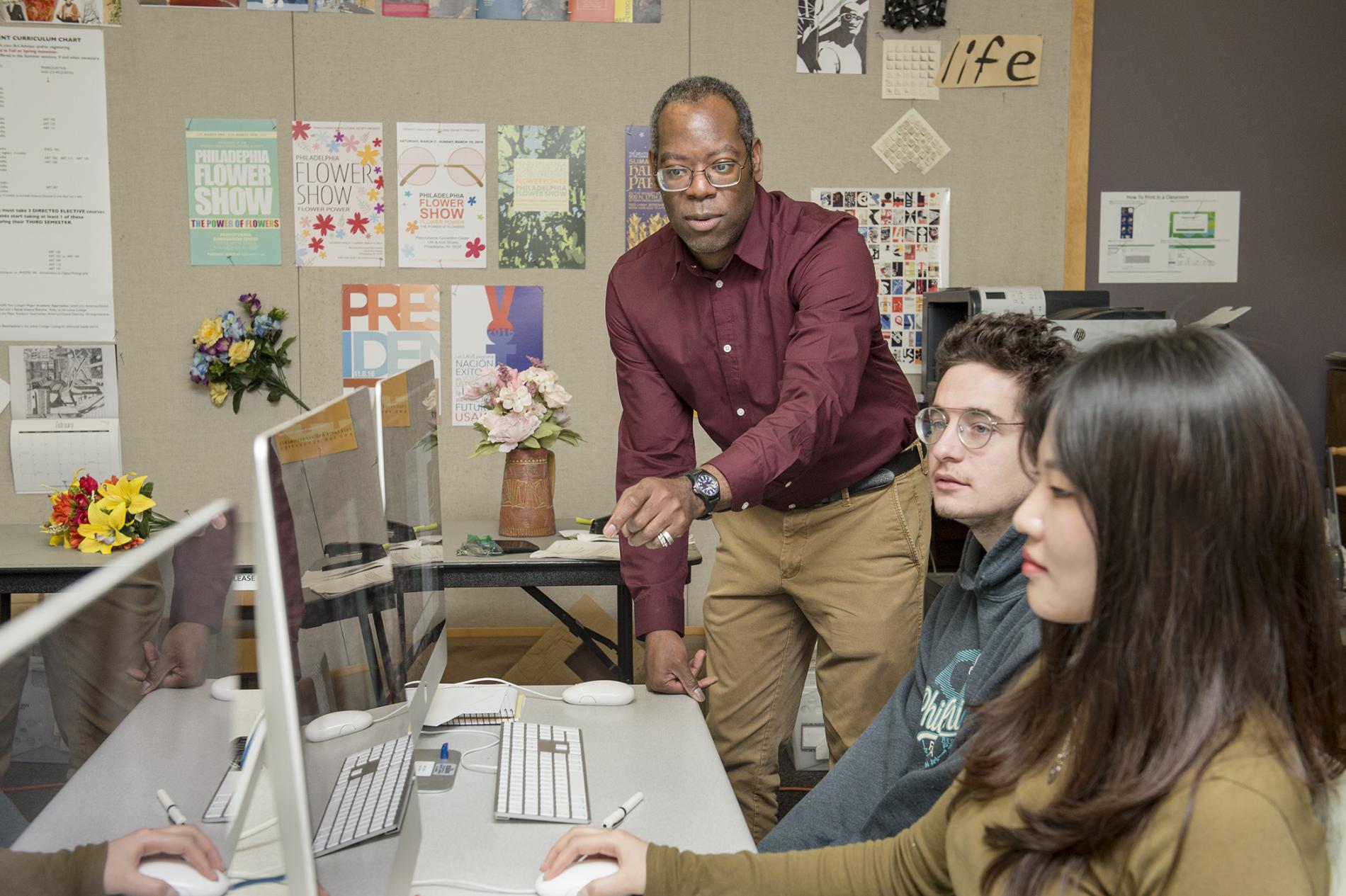 Although hesitant at first, Terry says this professor reassured him that he not only knew the material but that he could excel as a teacher in the classroom.
Although hesitant at first, Terry says this professor reassured him that he not only knew the material but that he could excel as a teacher in the classroom. 